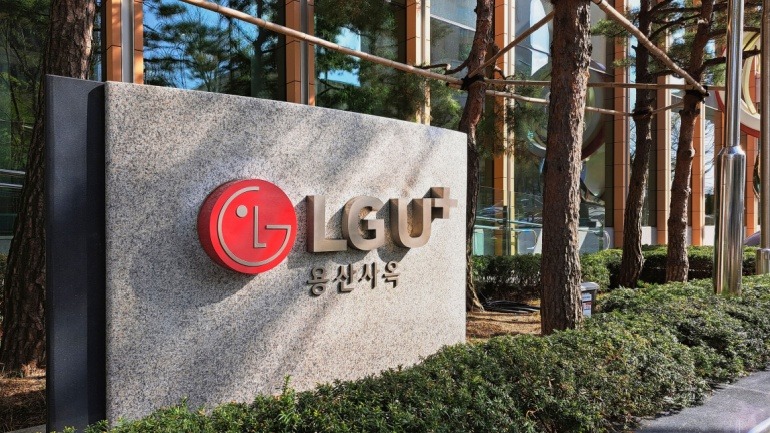In a significant regulatory move, Telstra faces a $1.5 million fine from the Australian Communications and Media Authority (ACMA) due to serious lapses in its identity verification processes. This action underscores the necessity for robust security measures to combat schemes like SIM swap fraud, costing Australians millions yearly.
This penalty follows the exposure of thousands of Telstra customers’ personal details, revealing vulnerabilities in the company’s security measures. The ACMA investigation highlighted significant flaws in security protocols intended to prevent SIM swap fraud, a tactic where cybercriminals manipulate telecom providers into issuing new SIM cards linked to victims’ phone numbers. This not only jeopardizes personal information but also grants access to two-factor authentication (2FA) codes.
The investigation found that Telstra’s procedures for verifying customer identities during SIM swap requests were inadequate. These lapses made the system susceptible to fraud, compromising customer safety and indicating broader security issues across the telecom sector.
The $1.5 million fine signifies the severity of these breaches. The penalty serves as a stern reminder to telecom companies about their duty to rigorously protect customer data and privacy. Moreover, it aims to catalyze industry-wide reforms, stressing the need for enhanced security measures.
In response, Telstra has acknowledged the deficiencies in its processes. The company has committed to overhauling its security protocols to better safeguard customers against SIM swap fraud. Proposed measures include more stringent identity checks and enhanced security practices. Potential future implementations could involve photo ID verification and secure codes, making it harder for scammers to impersonate customers.
Telstra’s proactive approach in addressing these vulnerabilities is key to restoring customer trust. Strengthening its security infrastructure not only benefits its reputation but also sets a benchmark for the industry.







